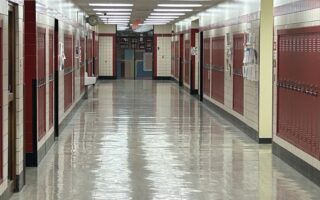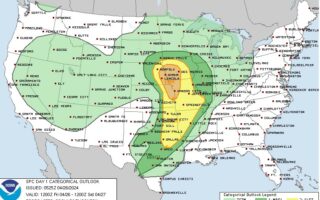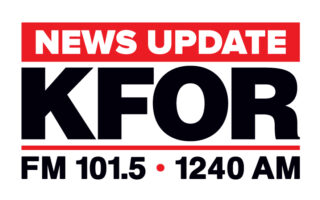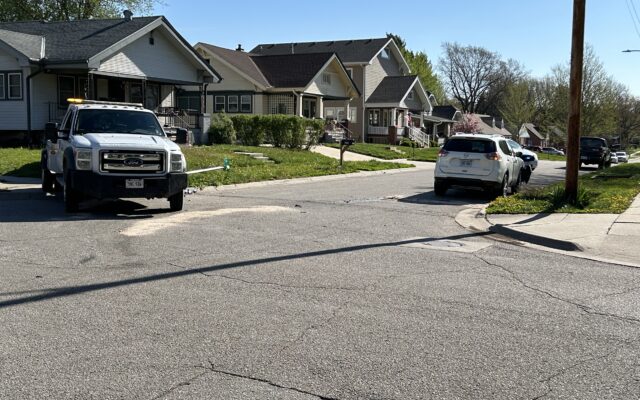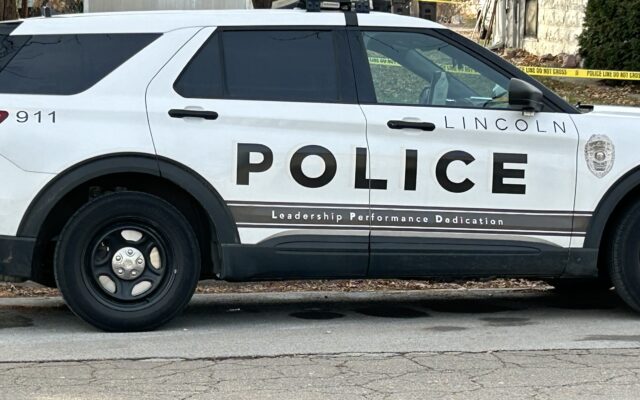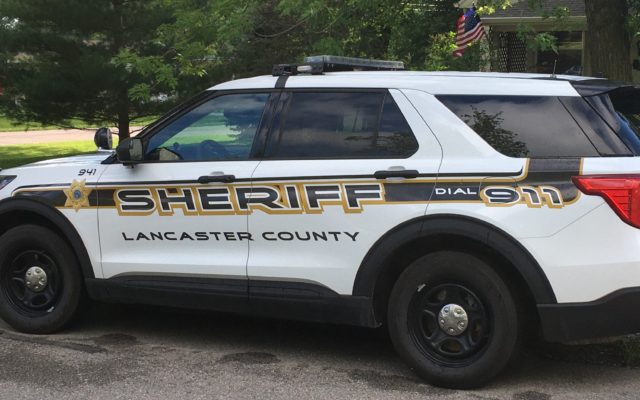Fischer Holds Distance Learning E-Roundtable
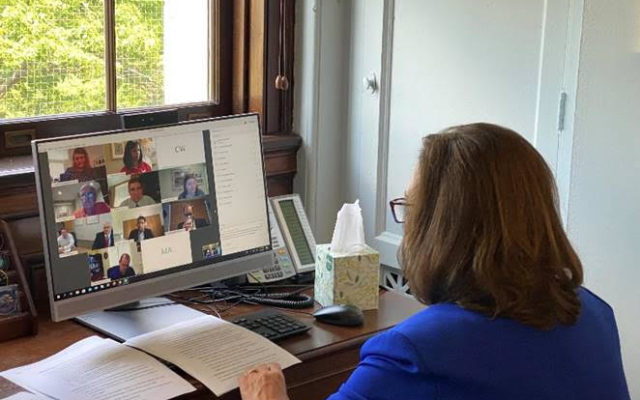
U.S. Senator Deb Fischer (R-Neb.), a member of the Senate Commerce Committee, hosted a distance learning e-roundtable with Nebraska leaders to examine how the COVID-19 crisis has impacted students across the state. It focused on broadband challenges schools, teachers, and students face with online learning, resources available from the Coronavirus Aid, Relief, and Economic Security (CARES) Act, community partnerships, and potential policies still needed moving forward.
Fischer commented, “Students across Nebraska have seen major shifts in their daily lives over the past few months as they’ve worked to complete their spring classwork from home. Unfortunately, for so many students in the state, doing so has been incredibly difficult because connectivity isn’t a reality. Nearly 20 percent of Nebraska’s students lack wired internet access at home, or are underserved with slow and unreliable internet connections. We brought a broad range of experts on this issue together for a productive discussion about technology and telecommunications policies that will support our students now, and into the future.”
The Department of Education and the Federal Communications Commission allocated $16 billion from the CARES Act’s Education Stabilization Fund for spending on remote learning needs. It can be used for the purchase of laptops and Wi-Fi hotspots, and to improve access to high-speed internet for students. Nebraska has received $16.4 million from this initiative to help provide equitable access to technology for all students, via the Governor’s Emergency Education Relief Fund.
Additionally, in March, the FCC announced the Keep Americans Connected Pledge. Telephone and internet service providers that agreed to the voluntary pledge committed to:
- Not canceling service to any residential or small business customers due to their inability to pay their bills due to the disruptions caused by the coronavirus pandemic;
- Waiving late fees that any residential or small business customers incur due to their economic circumstances related to the coronavirus pandemic; and
- Opening their Wi-Fi hotspots to any American who needs them.
Approximately 750 providers across the nation have signed onto the pledge voluntarily, which has been extended until June 30. The Nebraska Public Service Commission also instituted a statewide pledge to incentivize providers to offer unlimited data and additional free services, such as those for student households.

